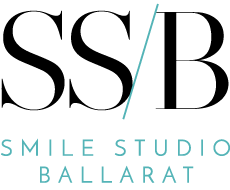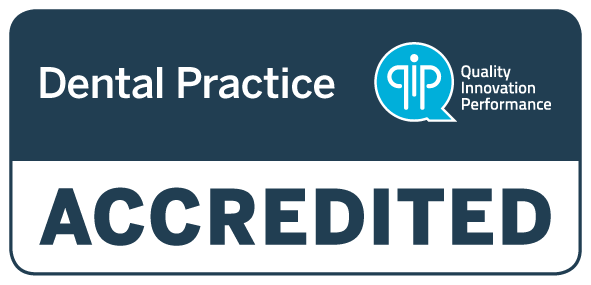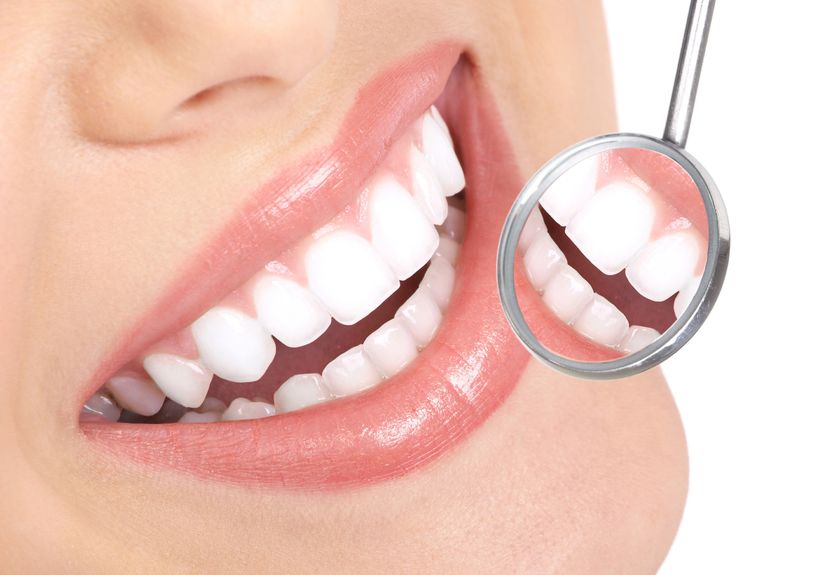The practice of keeping the mouth clean and healthy by brushing and flossing is called oral hygiene. This prevents tooth decay and gum disease.
Why should you practise oral hygiene?
The mouth has about 110 strains of microbes in the mouth that have the potential to become active infection or even carcinogenic. These microbes form a sticky film over the teeth called the plaque, and the plaque in turn becomes the medium for bacteria to grow. The plaque acts with the tooth surface and weakens it. The plaque also irritates the gums and causes infection.
Poor oral hygiene allows the formation of a crusty deposit called calculus this again can cause irritation to the gums and also tooth discolouration.
Halitosis or bad breath is also the fallout of poor oral hygiene.
Best oral hygiene practice
- Brush your teeth twice a day. Beginning with the inner surface of the teeth, in small gentle circular movement. Move in an clockwise manner covering the inner surface of both the upper and lower teeth, then the eating surface or the occlusal surface, and finally finish off with the surface that faces the cheek.
- Never go to bed without brushing.
- Use a fluoridated toothpaste (check the fluoride concentration in the place that you live. some places do not require fluorides while others might require additional supplements)
- Clean your tongue too, for there is always a food coat left.
- Flossing is as important as brushing.
- Using of mouth wash is important too.
- When you rinse try to gargle your throat but if it triggers you to gag then just drink warm water after brushing.
- Eat lot of crunchy veggies and fruits.
- Drink lots of water.
- Rinse your mouth every time you eat.
What is a good age to begin oral hygiene?
The earlier, the better. Massaging of the gums can be done once you start to feed of the child. It is essential that the child drinks water after drinking milk or fruit juice in the early stage it keeps the gums and tongue sugar free.
When the child is around 1-2yrs old that is when the early dentition erupts, it makes sense to brush the child’s teeth. A good way to do it would be to introduce the child to the ritual brushing when the parents brush. Allow the child handle the brush so that the child gets familiar. However, be very careful the tongue cleaner that is chosen when the child gets around 3-4yrs it the child could choose his or her own brush with motifs from their favourite story time characters. There are illustrated books that show the right technique of brushing. The oral hygiene of the children needs to be supervised until the age 7-8yrs
Adults of course should brush before going to bed, and once during the day. After breakfast would be a good time for it leaves the breath free from halitosis or bad breath.
Seniors who are have artificial teeth, or challenges due arthritis, need to choose oral care products accordingly. At this stage mouthwash becomes very important, particularly an antibacterial one. But again, since dry mouth is one of the fall outs of age, the oral care product should not cause dryness of the mouth.
How long should the brushing duration be?
2mnts is the ideal brushing time, but not less than 1 ½ minutes and not more than 2 ½ minutes. If you are dealing with autistic children then it makes it simpler to have a music tune recorded for 2mnts and train the child to brush in that time frame. Once the brushing is done, the toothbrush needs to be cleaned and stored in a dry place. Keeping a moist toothbrush in a dark closet will encourage microbial growth. Or keeping in open space exposed to the toilet will contaminate the brush every time the flush is used.
How do we choose the right oral hygiene tools?
Toothpaste and toothbrush
Toothpaste should ideally be with fluoride it helps to remineralize the enamel. Nan-hydroxyapatite in the toothpaste instead of fluoride performs the same function.
Toothbrush helps to dislodge the food, or plaque that sticks to the tooth surface. Toothbrush with small head and soft bristles work well, and the brush should be at 45-degree angle to the tooth surface. The movement of the brush should be circular and not back and forth. Toothbrushes can be could be manual or electric. The electric toothbrush uses the same movement of the manual brush; however, the newer sonic or ultrasonic brushes vibrate at very high frequency, its ease of use makes it a viable option for people who are challenged with dexterity.
Floss
Since 40% of the plaque deposit is interdental the bristles of the brush don’t reach there, it is essential to floss between the teeth. Type of floss used is a personal preference, it can be unwaxed, waxed or Teflon floss. Flossing is done but using 15-25cms of floss length wrapped round the middle fingers. For the upper teeth the thumb and index fingers are used to floss while for the lower teeth both the index fingers are used, to ease the floss between the teeth, using a back and forth motion.
Interdental brushes
Interdental brushes are more effective than floss, they come in multiple sizes, and are useful for people with orthodontic appliances, and when the gums are receding. It is basically a handle which has a piece of wire, and which is in turn covered in tapered bristles designed to clean the interdental spaces with ease. The brush is cleaned using warm soapy water and stored in a clean dry area.
Tongue scrapers
Tongue scrapers are used to clean the debris on the tongue. These specially designed for this purpose though using the toothbrush to clean tongue is also a possibility, but reaching the back of the tongue would be difficult and the bristles could be abrasive. Cleansing of the tongue is started at the back of the tongue and gently scrapes forwards. The entire surface of the tongue should be cleaned. The tongue scraper is rinsed to clean off any debris deposited on the tongue and the mouth is rinsed to clean the debris off.
Mouth washes
Mouth washes are used to ensure total cleansing. Mouth washes can be saline (salt water), essential oils (Listerine, menthol, methyl salicylate, etc.) or chlorhexidine gluconate. While saline is recommended after an extraction. Listerine helps in keeping plaque and gum infection low. Chlorhexidine is an antiseptic mouthwash, and usually used after surgery or for short term control of plaque.
Good oral hygiene is essential to prevent decay and gum problems. It requires just 2 ½ minutes of your time.


